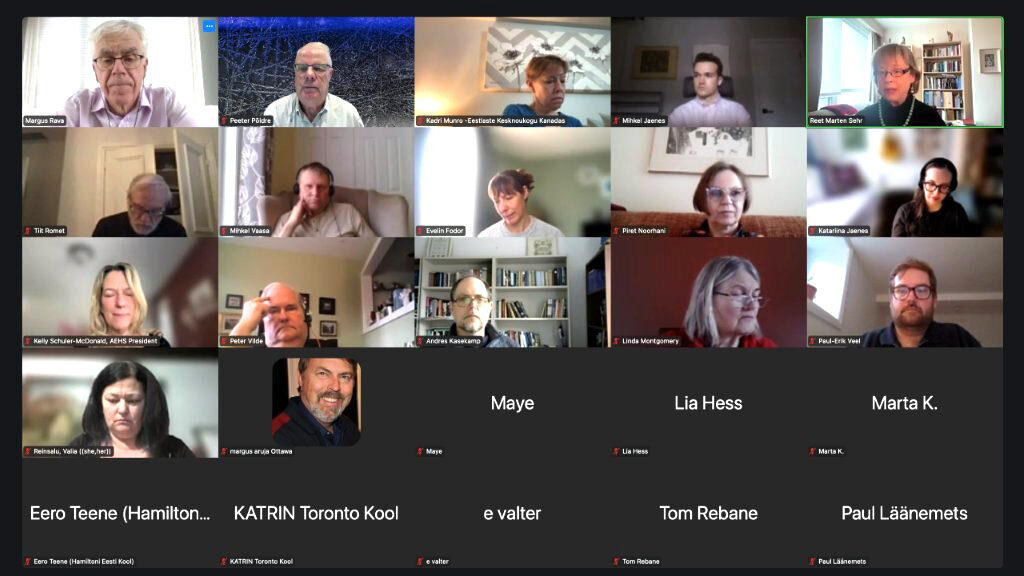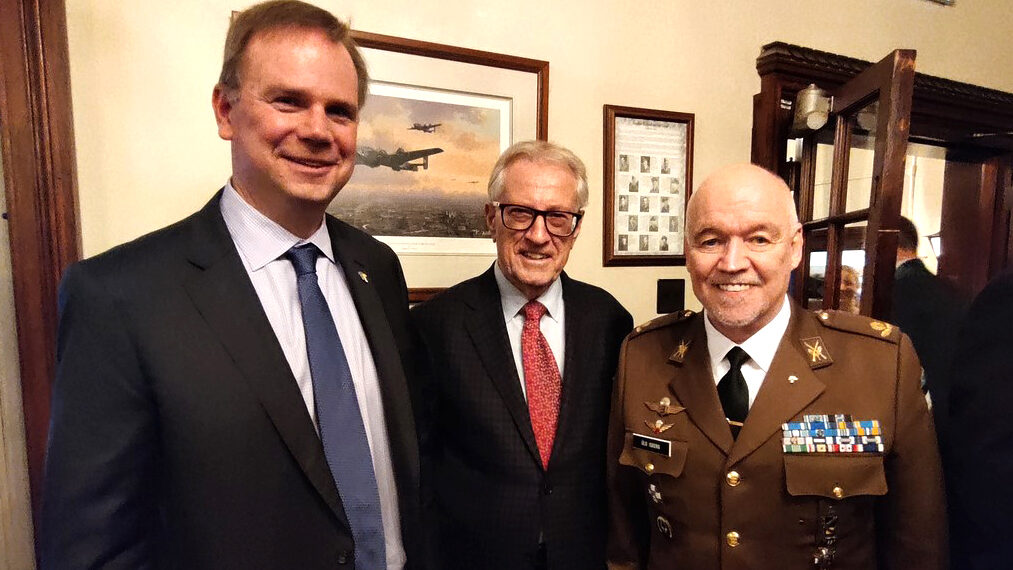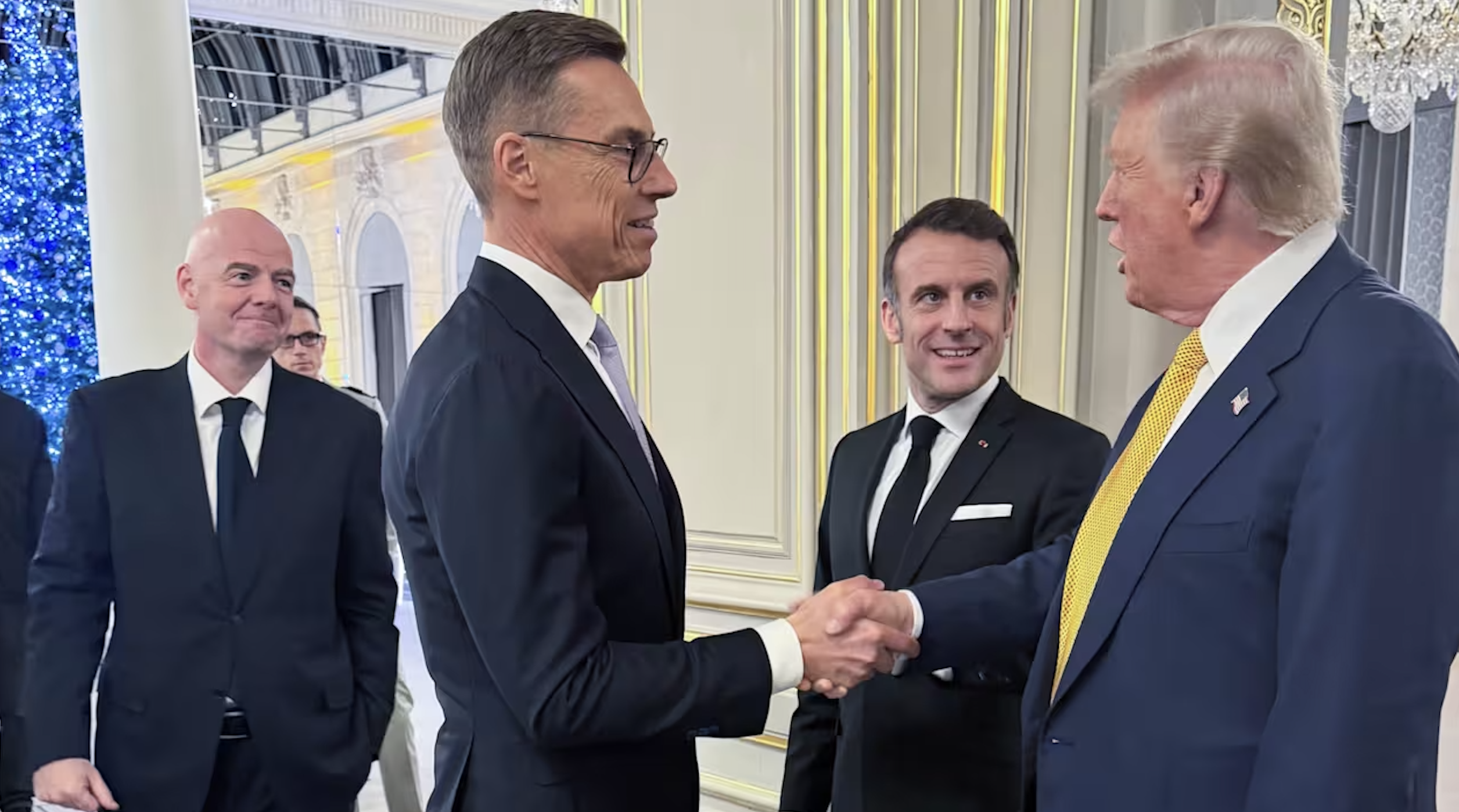At a recent meeting of the Government Commission on Compatriots Living Abroad, chaired by Russian foreign minister Sergei Lavrov, the draft program presented “emphasized promotion of the consolidation of public associations of compatriots and the development of partnerships with foreign Russian community [sic.]”.
Also, at the sixth regional conference in Ottawa (yes Ottawa) recently delegates from 15 countries representing some 4.5 million people born in Russia, or their descendants, were said to be focused on ways to “consolidate Russian communities in the West and strengthen comprehensive ties with their historical homeland”. Alexander Chepurin, the Russian official in charge of the compatriots program, stressed that preserving the Russian language and Russian culture among the youth is a prime objective.
When the Compatriots program was launched in 2007, the main obsession was the advocacy of the rights of Russians living abroad. Related to this was the strengthening of the links between Russian compatriots and the Russian state. At the time of the launching, some estimated the number of Russians abroad to be 30 million – a sizeable community whose rights cannot be allowed to be violated.
Russian foreign policy formulated at about the same time stated bluntly that Russia reserved to right to intervene, by force if necessary, if Russians were deemed to suffer persecution or unfair treatment – especially in the “near abroad”. The following scenario would not be too unrealistic: A group of street hoodlums, under the guise of “crazed Estonian nationalists” gang up on some Russian youth in Narva. Moscow complains that the Estonian government isn't capable of providing protection and crosses the border to intervene.
One cannot expect that Moscow has willingly abandoned such a pro-active stance, especially if they can muster the willing co-operation of millions of compatriots. Only the naïve would expect Moscow not to exploit the potential of a 30-million-strong lobby effort. Blatant aggressiveness is replaced/augmented by the currency of soft-diplomacy, soft power.
It's evident that the Russian diaspora is now more important than it was some 12 years ago. And it's not a unique situation: American Jews constitute a powerful voice in support of Israel; Florida's Cubans urge Washington to maintain a hard line with Communist Cuba; the Armenian community influenced US policy towards Turkey. Under Putin once more, Russian foreign policy could become more assertive in “defending the interests” of Russian's abroad. Putin could elevate the potential importance of the Russian diaspora as a tool of statecraft.
A program of this magnitude has to receive substantial financing. A year ago, after consultation with the necessary government departments, a fund was approved. Although the actual size of the available financing has not been announced, some insist that it is a significant amount; Russia cannot afford to be a skinflint when it comes to operations abroad.
How do the Russian efforts compare to Estonia's own Compatriots program, under the formal aegis of the Ministry of Education? The program's official raison d'être is straight forward: to help Estonians abroad remain engaged with Estonia and “Estoniansim” (eestlus). Comparison's here become pointless. The tiny expatriot Estonian community of perhaps 150,000 cannot mobilize the resources or manpower to match the colossal diaspora (up to 30 million) of Russia. Tallinn does not expect to use compatriots abroad as a component of their foreign policy “arsenal”.
On March 19th, Lavrov the Russian foreign minister, at a meeting of the compatriots' World Coordination Council stated rather laconically: “We believe it[Compatriots Program] will contribute to the further creation of the Russian world.” An innocent generalization?
Laas Leivat




